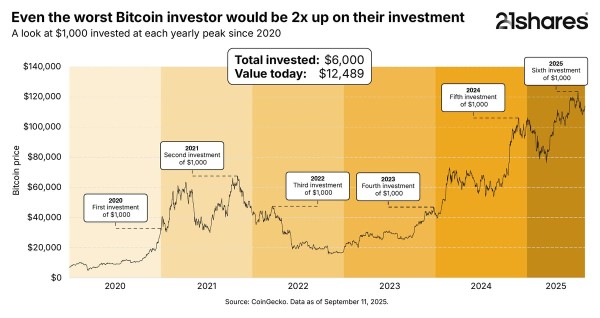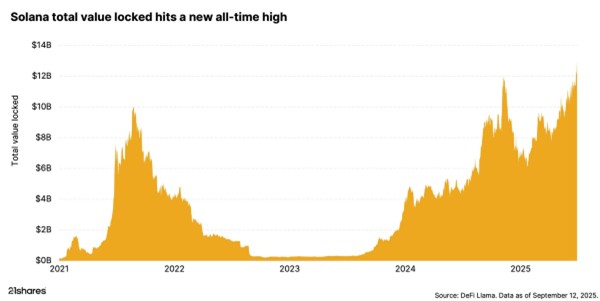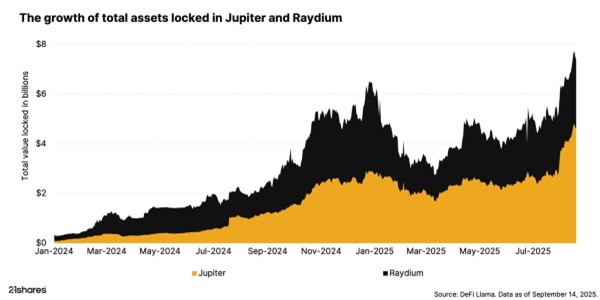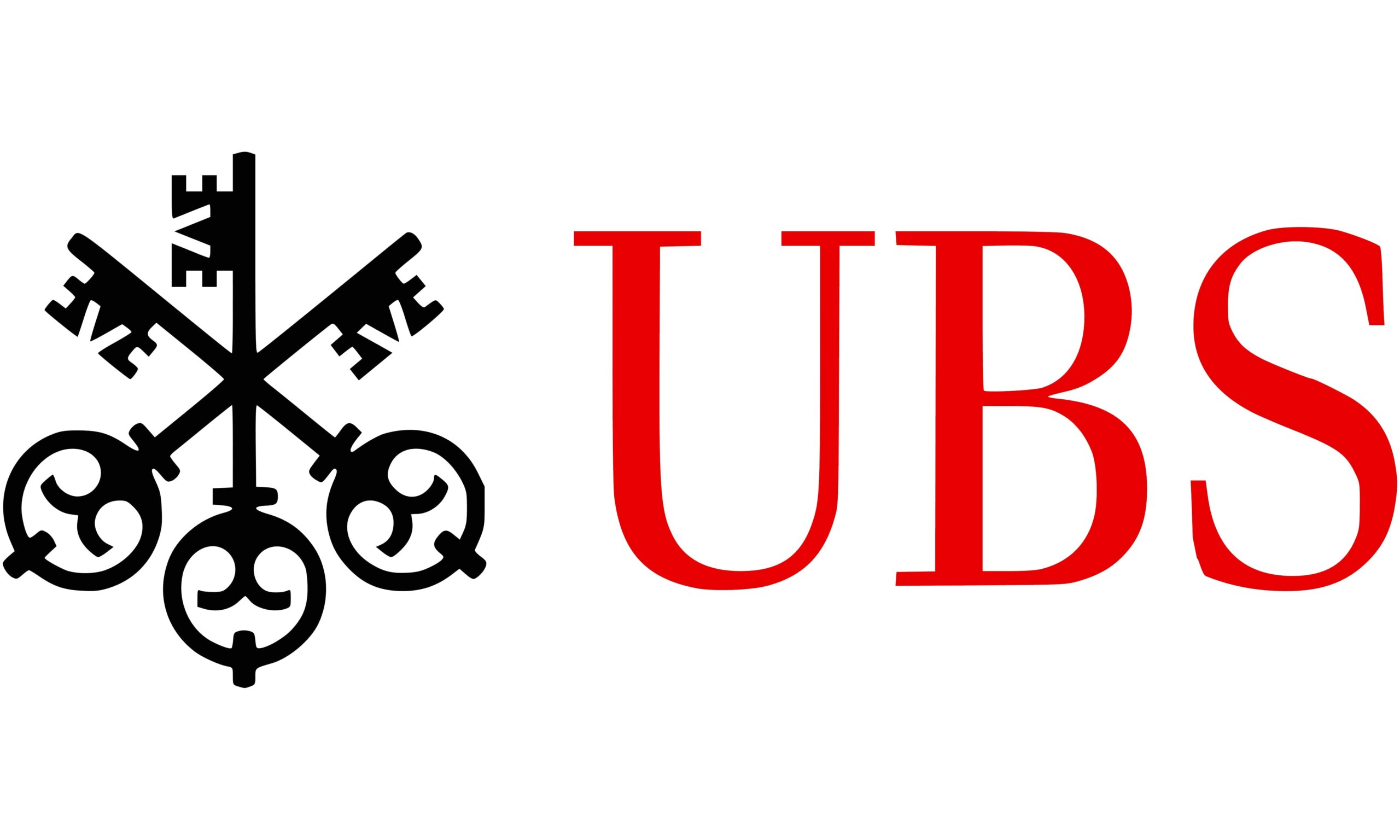ETF Securities FX Research: Upside potential for GBP after UK election
Highlights
- We expect that the British Pound (GBP) will experience a period of consolidation ahead of the UK election in early June, as polls for PM May see-saw.
- Investor sentiment has rebounded strongly, albeit from record levels of pessimism. We expect that the worst-case scenario surrounding Brexit negotiations has already been priced in for GBP.
- Fading political risk, higher real rates, and a resilient economy will see GBP post gradual gains in H2 2016, potentially targeting the 1.35 level against the US Dollar.
Consolidation ahead of UK election
We expect that the British Pound will experience a period of consolidation around current levels ahead of the UK election in early June. The latest polling indicates that Prime Minister May’s lead has declined, prompting a modest pullback in the local currency. We expect that although GBP could soften further in coming weeks, as the Conservative party’s lead see-saws, but believe it will stay above key support of 200-dma, which is currently 1.2595.
Any further decline in PM May’s popularity could see a rise in GBP volatility, as the election result becomes more uncertain. Sterling has historically reacted negatively to volatile periods. There is a strong inverse relationship with Sterling exhibiting weakness during periods of heightened volatility.
Currently, global currency volatility is moderating as political uncertainty fades. While a more benign volatility environment will be supportive of gradual gains in GBP, we expect this to be increasingly apparent following the June 8th election.
Investors more optimistic
Investor positioning has begun to rebound from the lowest levels on record in the futures market, indicating that there is growing optimism for the UK’s economic prospects as ‘Brexit’ negotiations begin. Although still in negative territory, GBP net shorts have more than halved since the record pessimistic positions seen at the end of March 2017.
Investors have become more positive on the outlook for GBP because the domestic economic environment has remained resilient.
Financial sector key for GBP
We expect that the worst case scenario has already been priced in regarding the Brexit negotiations and its impact on the economy and the financial services sector in particular. In coming years, a rising rate environment and further clarity surrounding the EU-UK negotiations should be reflected in rising banking sector valuations.
A 2017 House of Commons Library briefing paper indicated that the financial and insurance services sector contributes over 7% of the UK’s Gross Value Added, a measure of the value of goods and services produced in the UK. Additionally and importantly a supportive factor for the local currency, the financial and insurance sector generates a trade surplus of the equivalent of 3% of UK GDP. Nonetheless, the Bank of England expects some softer numbers from the household sector as wage growth has been revised down at the same time that inflation is rising.
Price pressures apparent but fading
Inflation has breached the Bank of England’s target to the upside and is now at the highest rate since July 2013. In April, CPI rose 2.7% from a year ago, while core inflation rose to 2.4% from 1.8%. Imported inflation resulting from the weaker GBP has been one of the main avenues for inflation lifting in 2017, via imported food and fuel. However, the impact of currency weakness is beginning to fade. The Bank of England noted the rise in the GBP since its previous inflation statement in February, which will help moderate the rise in import prices. GBP has risen 4% since but remains 12% below the post EU Referendum levels of 1.48.
With headline inflation expected to peak near current levels, we believe that real rates are forming a bottom. Accordingly, GBP has responded in line with the modest rebound in real yields and we expect the gradual move higher in yields to continue. Not only do we expect the Bank of England to reverse the Brexit-induced rate cut of last year, but inflationary pressures are expected to moderate as the impact of the exchange rate plunge on prices begins to fade.
If the recent upward pressure in core CPI begins to gain momentum, the central bank will need to move more quickly to dampen inflationary expectations. Currently only one MPC committee member is voting for a rate hike, but that could quickly change post-election.
The bottom line…
After the election, as FX volatility continues to moderate, GBP could again test the 1.30 level and potentially break to the upside as the domestic economy remains resilient, targeting 1.35.
Important Information
General
This communication has been issued and approved for the purpose of section 21 of the Financial Services and Markets Act 2000 by ETF Securities (UK) Limited (“ETFS UK”) which is authorised and regulated by the United Kingdom Financial Conduct Authority (the “FCA”).

 Nyheter3 veckor sedan
Nyheter3 veckor sedan
 Nyheter4 veckor sedan
Nyheter4 veckor sedan
 Nyheter4 veckor sedan
Nyheter4 veckor sedan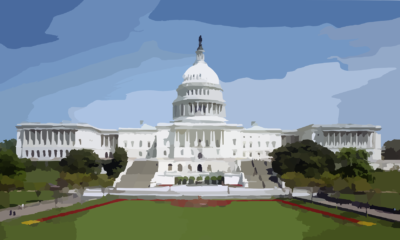
 Nyheter4 veckor sedan
Nyheter4 veckor sedan
 Nyheter2 veckor sedan
Nyheter2 veckor sedan
 Nyheter3 veckor sedan
Nyheter3 veckor sedan
 Nyheter2 veckor sedan
Nyheter2 veckor sedan
 Nyheter4 veckor sedan
Nyheter4 veckor sedan















